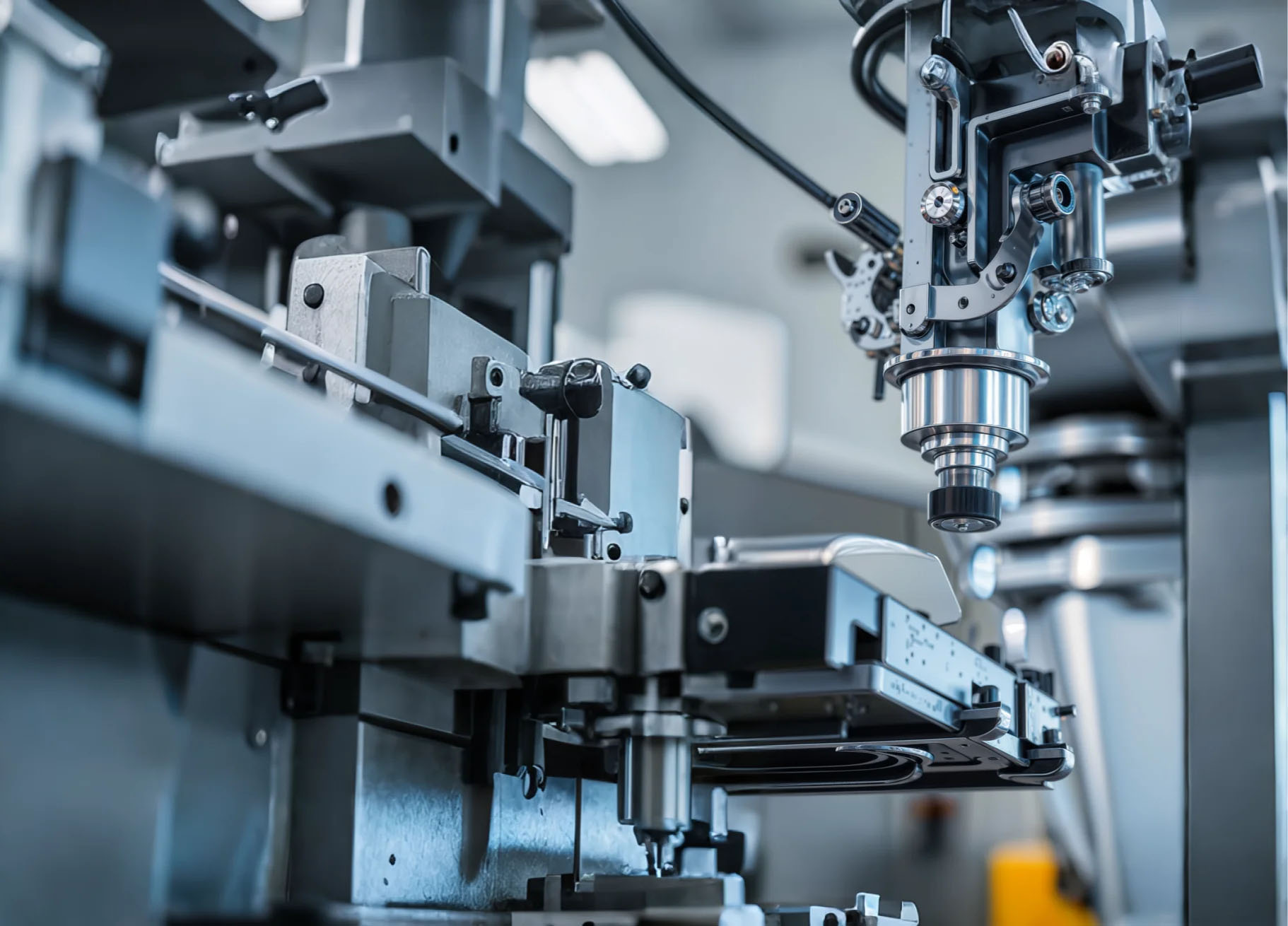Endoscopic Snake Bone Riveting Technology: The Core Process of Precision Motion Control
December 1, 2025
In the field of modern flexible endoscope manufacturing, the snake bone structure is a key component that enables precise bending of the instrument's distal end. The quality of the snake bone riveting process directly determines the operational performance, service life, and safety of the endoscope. This article will delve into the technical aspects and current developments of this precision manufacturing process.
Importance of Snake Bone Structure and Process Challenges
The snake bone assembly serves as the "spine" of the endoscope, responsible for transmitting operational forces and enabling multi-angle bending. Its manufacturing process faces numerous challenges:
Miniaturization requirements: Individual joint dimensions are typically only 1-3mm, requiring extremely high riveting precision.
Material compatibility: Must account for the properties of metal materials such as stainless steel and titanium alloys.
Motion reliability: Must ensure flexibility and stability even after tens of thousands of bending cycles.
Biocompatibility: All components must meet medical-grade cleanliness and biocompatibility standards.
High-Precision Riveting Process Technology
Multi-Station Precision Riveting System
We utilize a self-developed multi-station automatic riveting system that achieves:
Riveting precision of ±0.01mm
Daily production capacity exceeding 2,000 joint assemblies
Pressure control accuracy of 0.1N
Specialized Rivet Design and Manufacturing
To meet the specific needs of endoscopes, we have developed a series of specialized micro rivets:
Diameter range: 0.3-0.8mm
Optimized head design to reduce motion friction
Surface smoothness Ra ≤ 0.2μm
Special annealing treatment to eliminate internal stress
Quality Control and Inspection System
Process Monitoring System
Machine vision for real-time monitoring of riveting positions
Pressure sensor feedback for controlling riveting force
Automatic recording of process parameters for each riveting point
Full-Size Inspection Items
Dimensional accuracy inspection: Using optical 3D measurement systems
Motion performance testing: Simulating actual usage conditions with thousands of bending tests
Strength testing: Measuring tensile strength and fatigue life
Surface quality inspection: Examining surface defects under an electron microscope
Technological Innovations and Breakthroughs
Laser Micro-Riveting Technology
To meet the demands of ultra-thin endoscopes, we have developed a laser micro-riveting process:
Non-contact processing avoids mechanical stress
Heat-affected zone controlled within 50μm
Particularly suitable for ultra-thin snake bones with diameters less than 2mm
Intelligent Process Optimization System
Based on big data and machine learning algorithms, we have established a process parameter optimization system:
Real-time analysis of riveting quality data
Automatic adjustment of process parameters
Prediction of equipment maintenance needs
Application Value and Clinical Significance
Precision riveting technology significantly enhances endoscope performance:
Improved operational flexibility: Bending angles can reach 180°-210°
Extended service life: Mean time between failures increased by 30%
Enhanced surgical precision: More accurate and timely operational response
Reduced maintenance costs: Modular design facilitates quick replacements
Future Development Directions
As endoscope technology continues to advance, snake bone riveting processes will evolve in the following directions:
Further miniaturization to accommodate thinner endoscope requirements
Development of new composite material joining processes
Achievement of fully automated intelligent manufacturing
Integration of real-time quality monitoring and feedback systems
Conclusion
As a critical process in endoscope manufacturing, snake bone riveting directly impacts the performance and reliability of medical devices. Through continuous technological innovation and process optimization, we provide medical device manufacturers with high-precision, high-efficiency riveting solutions, supporting the advancement of minimally invasive medical technology and offering patients safer, more effective diagnostic and therapeutic services.



